Canada and Britain join diplomatic boycott of Beijing Winter Olympics, amid human rights concerns
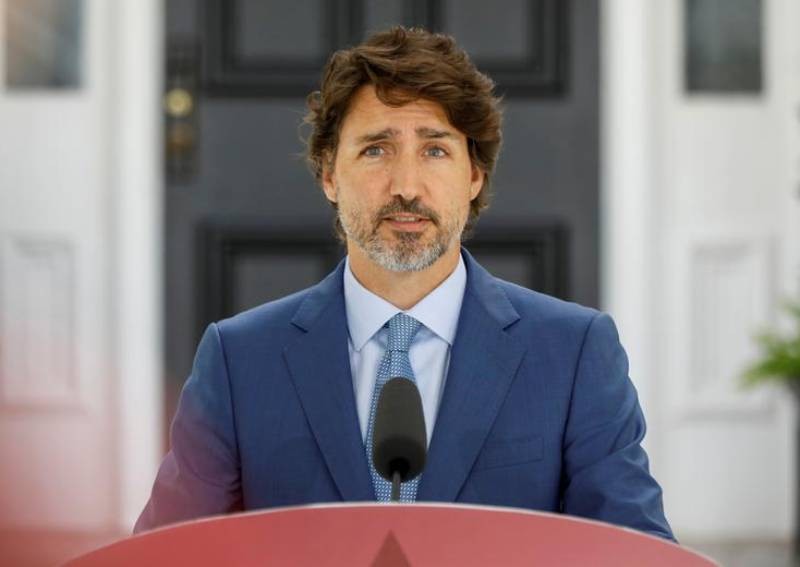
Canada and Britain have announced diplomatic boycotts of the 2022 Winter Olympics in Beijing, joining the US and Australia in taking such action amid allegations of human rights abuses in China.
Canadian Prime Minister Justin Trudeau on Wednesday (Dec 8) said his government was “deeply troubled” by Chinese rights violations.
Foreign Affairs Minister Melanie Joly cited concerns about the treatment of the Uygur Muslim minority in Xinjiang province, in line with the US and Australian explanations for their boycotts.
Also on Wednesday, British Prime Minister Boris Johnson said no UK government representatives would attend the Games.
“There will be effectively a diplomatic boycott of the Winter Olympics in Beijing, no ministers are expected to attend and no officials,” he told parliament, though he added that “I do not think that sporting boycotts are sensible and that remains the policy of the government”.
New Zealand this week said it would send no diplomatic representation, but did not describe this as a boycott, instead citing concerns about Covid-19.
The announcements mean that none of the so-called Five Eyes intelligence allies will be sending diplomatic representatives to the Games.
Asked whether he expected retaliation from Beijing, Trudeau said: “I don’t think the decision by Canada and many other countries to choose not to send diplomatic representation [is] going to come as a surprise to China.”
In response to the boycott, China’s embassy in Canada issued a statement late Wednesday saying the actions of Ottawa and its allies were based on “ideological prejudice…lies and rumours”.
The embassy condemned what it called systemic racism that left Canada unqualified to judge China’s human rights situation, which it said was enjoying the best period in the nation’s history.
The boycott amounted to “hype” since Canadian officials had not been invited to the games, the statement said.
“[We] have expressed strong dissatisfaction and firm opposition, and have lodged solemn representations with the Canadian side,” it said.
China said this week that the US would “pay a price” for its boycott.
Trudeau also cited concerns in the wake of China’s arrest of Canadians Michael Kovrig and Michael Spavor in December 2018.
They were accused of spying, but were released this Sept 24 aft the same time Huawei Technologies executive Meng Wanzhou was allowed to return to China from Vancouver, having struck a deferred prosecution agreement with US authorities over fraud allegations.
“It’s been very clear that concerns about arbitrary detention are real and shared by many, many dozens of countries around the world,” Trudeau said.
Trudeau had earlier Wednesday flagged that Canada would act in concert with its allies.
“For the past many, many months we’ve been talking about our approach with allies around the world. We know that on issues like this it’s important to make sure that we are working with our allies,” Trudeau had said ahead of a cabinet meeting in Ottawa.
Foreign Minister Joly said that “agents” would be in place in China to ensure the safety of Canadian athletes.
“In this particular situation it is obvious that we want to make sure that our athletes have access to protective services and that’s why we’ll be working with the RCMP,” she said, referring to the Royal Canadian Mounted Police, the country’s federal police force.
Joly added: “Clearly it is important to us to send a strong signal to China, because we’re extremely concerned at what is going on in terms of human rights allegations regarding the Uygurs in Xinjiang “.
She said Canada was “coordinating with our allies to continue to have more countries send a strong message”.
Before Trudeau’s announcement, Canadian and European MPs who are members of the Inter-Parliamentary Alliance on China (IPAC) had issued a call for their governments to join a diplomatic boycott.
Letters sent by the MPs cited what they called “genocide and crimes against humanity” among the Uygurs, persecution of Tibetans and a crackdown on Hong Kong’s democracy movement.
Officials who went to the games risked adding legitimacy “to the Chinese government’s efforts to whitewash the abuses taking place in the Uygur region”, and acting as “willing participants in the PRC government’s propaganda campaign”.
Among those sending a letter to EU leaders were the sanctioned lawmakers Reinhard Buetikofer of Germany and Miriam Lexmann of Slovenia, both of whom have been very vocal on the issue.
The MPs’ letters said it would be “unthinkable that the Beijing 2022 Winter Olympics should continue as normal.
“It is right that sport should stay above politics, but this does not permit turning a blind eye to industrial-scale human rights abuses.”





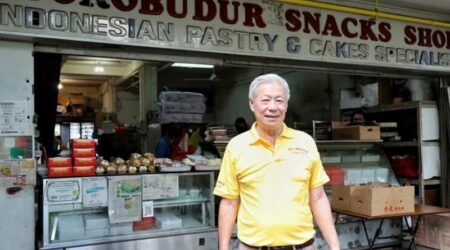
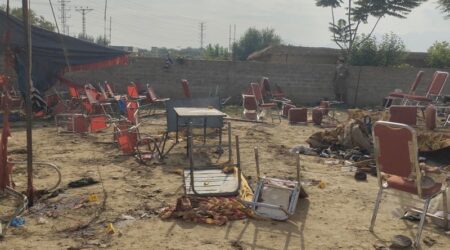
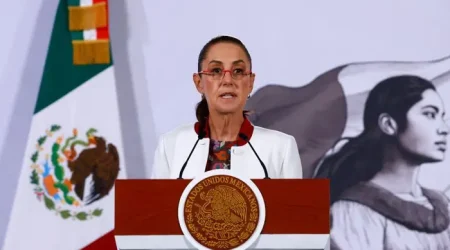
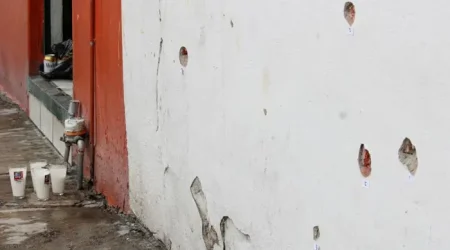

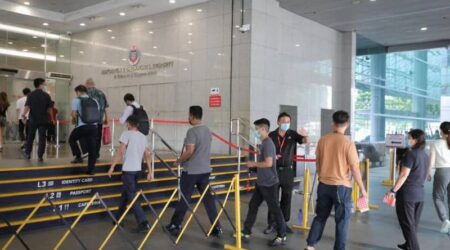
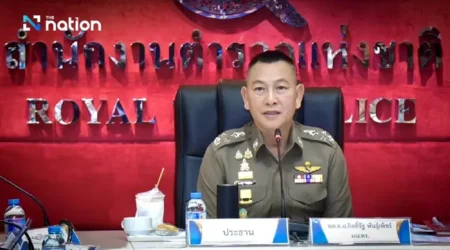
Leave a Reply